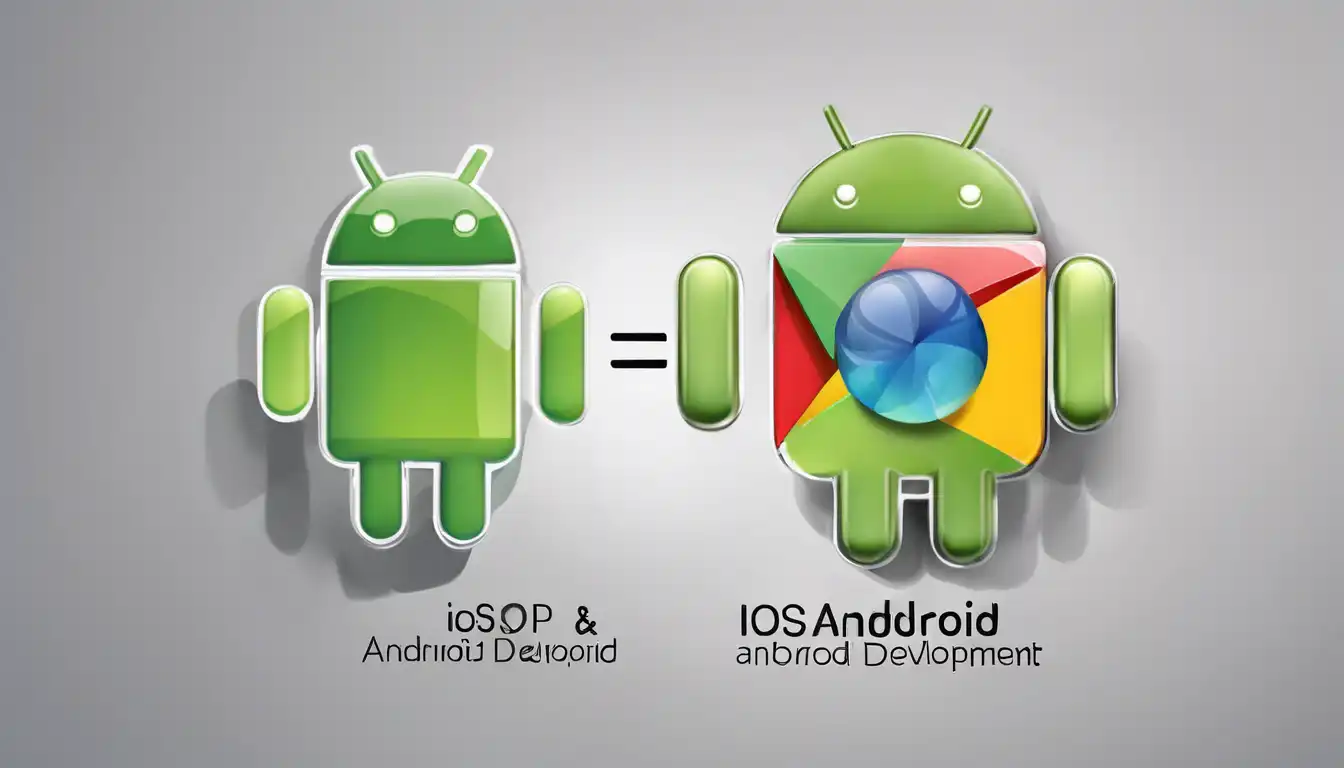Understanding iOS and Android Development
When it comes to mobile app development, iOS and Android stand out as the two dominant platforms. Each has its unique ecosystem, development tools, and programming languages, making the choice between them crucial for developers and businesses alike.
Development Languages
iOS apps are primarily developed using Swift or Objective-C, languages designed by Apple specifically for its ecosystem. On the other hand, Android development relies on Java or Kotlin, offering a different approach to app creation.
Development Environments
Apple provides Xcode as the integrated development environment (IDE) for iOS developers, a powerful tool that supports the entire development lifecycle. Android developers use Android Studio, which is tailored for building apps across a wide range of Android devices.
User Interface Design
iOS and Android have distinct design philosophies. iOS follows Apple's Human Interface Guidelines, emphasizing clarity and depth. Android adheres to Material Design principles, focusing on a more flexible and adaptive interface.
App Distribution
The App Store for iOS and Google Play for Android are the primary distribution channels. Each has its review process, with Apple's being notably more stringent, affecting how and when apps are published.
Market Share and Monetization
Android leads in global market share, offering a broader audience but with more fragmentation. iOS users tend to spend more on apps, presenting a lucrative opportunity for developers.
Choosing the Right Platform
Deciding between iOS and Android development depends on various factors, including target audience, budget, and project requirements. Many developers choose to build for both platforms to maximize their app's reach.
For those interested in diving deeper into mobile development, exploring our resources on programming languages can provide valuable insights.
Conclusion
iOS and Android development each offer unique advantages and challenges. Understanding these differences is key to making informed decisions in the mobile app development process. Whether you're a seasoned developer or just starting out, considering these factors will help you navigate the complexities of creating successful mobile applications.
